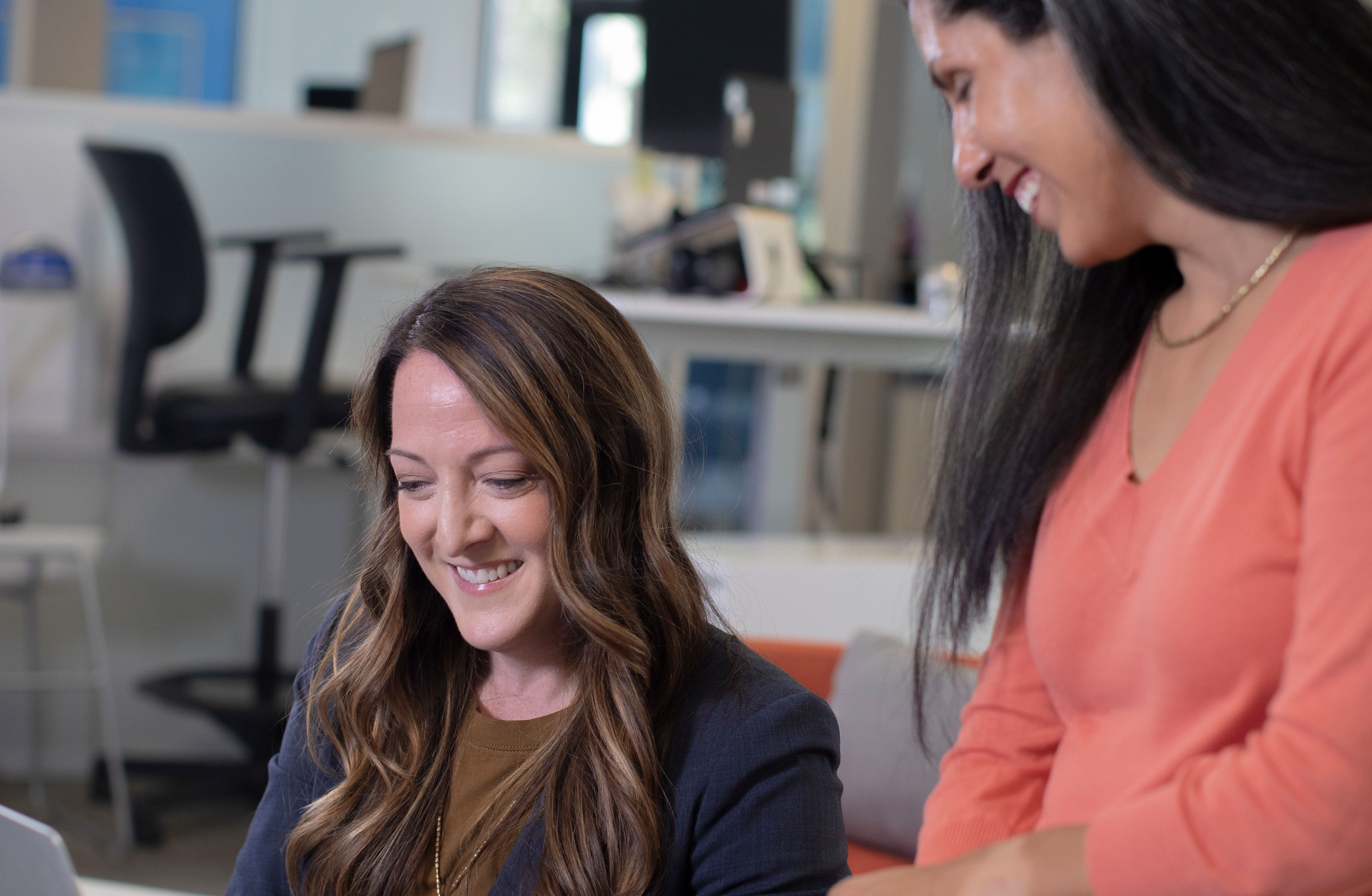Cracking the code: achieving gender equity and future-proofing your small business

Achieving gender equity
Achieving workplace gender equity offers so many real benefits to Victoria’s small business employers.
But what does equity actually mean in a practical sense and how do small businesses go about achieving it?
When we speak about gender equity at work, we mean being proactive in making sure that people of all genders:
- have equal rights, responsibilities and opportunities, and equal access to pathways and investment to innovate and improve all our futures
- are paid equally for work of equal or comparable value.
We know that these past few years, small business people have been on the receiving end of unprecedented pressures – from recovering from lockdowns throughout the pandemic to now rebuilding after the recent floods, all while grappling with mounting debts, skills and labour shortages, supply chain issues and inflationary pressures.
Time and money are in incredibly short supply for a lot or small business employers, so it’s about finding solutions that are efficient and that work.
The benefits
Achieving gender equity is a proven way to position yourself as an employer of choice, helping you to not only attract, but also keep great people.
By taking steps to make your workplace more attractive to new and diverse workers, you can:
- successfully compete for talent with the big players
- bring in diversity of thought, skill and innovation
- improve morale and productivity
- retain staff for business continuity – and sidestep the costs and investment of time that come with recruiting and onboarding
- build your brand reputation and attract new business opportunities
- help address the critical skills and labour shortages.
Free and practical digital tools that work
Following the Victorian Equal Opportunity and Human Rights Commission’s (VEOHRC) research into equal pay, Industrial Relations Victoria engaged VEOHRC to develop interactive digital materials and concise e-learning modules co-designed with SMEs.
The aim? To build your knowledge and capability in a range of areas, including:
- understanding equal pay and why it matters, and that pay inequality – which can come from outdated systems and unchallenged industry practices – can have a considerable effect over a woman’s lifetime
- acknowledging that small businesses are starting out strong with less bureaucracy, direct lines of communication with staff, and transparent and flexible practices – which collectively serves as a great foundation for embedding equal pay principles
- reinforcing the legal requirement of employers to make sure that roles of the same skill, effort and responsibility are paid equally
- understanding unconscious biases and how to check these in the workplace
- developing organisational values that will influence workplace culture and guide decision making
- ensuring equal access to training and development opportunities for people of all levels and backgrounds.
Another key consideration to keep at the forefront is intersectionality. For many women, gender inequality can be compounded by other types of disadvantage or discrimination because of their other characteristics, be it:
- race, religion or ethnicity
- Aboriginality
- sexual orientation or gender identity
- age or disability.
It’s vital to consider these when developing strategies and measures to achieve gender equity.
VEOHRC has additional tools to help you understand the impacts of discrimination and meet your responsibilities under the Equal Opportunity Act 2010 (the Act), including their equal opportunity practice guideline to assist with recruitment and quick guide to the Act.
This International Women’s Day (8 March 2023), I strongly encourage you to commit to making the most of these digital resources and training modules to help you achieve gender equity and future-proof your small business.
– Commissioner Lynda McAlary-Smith